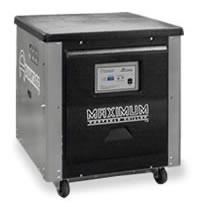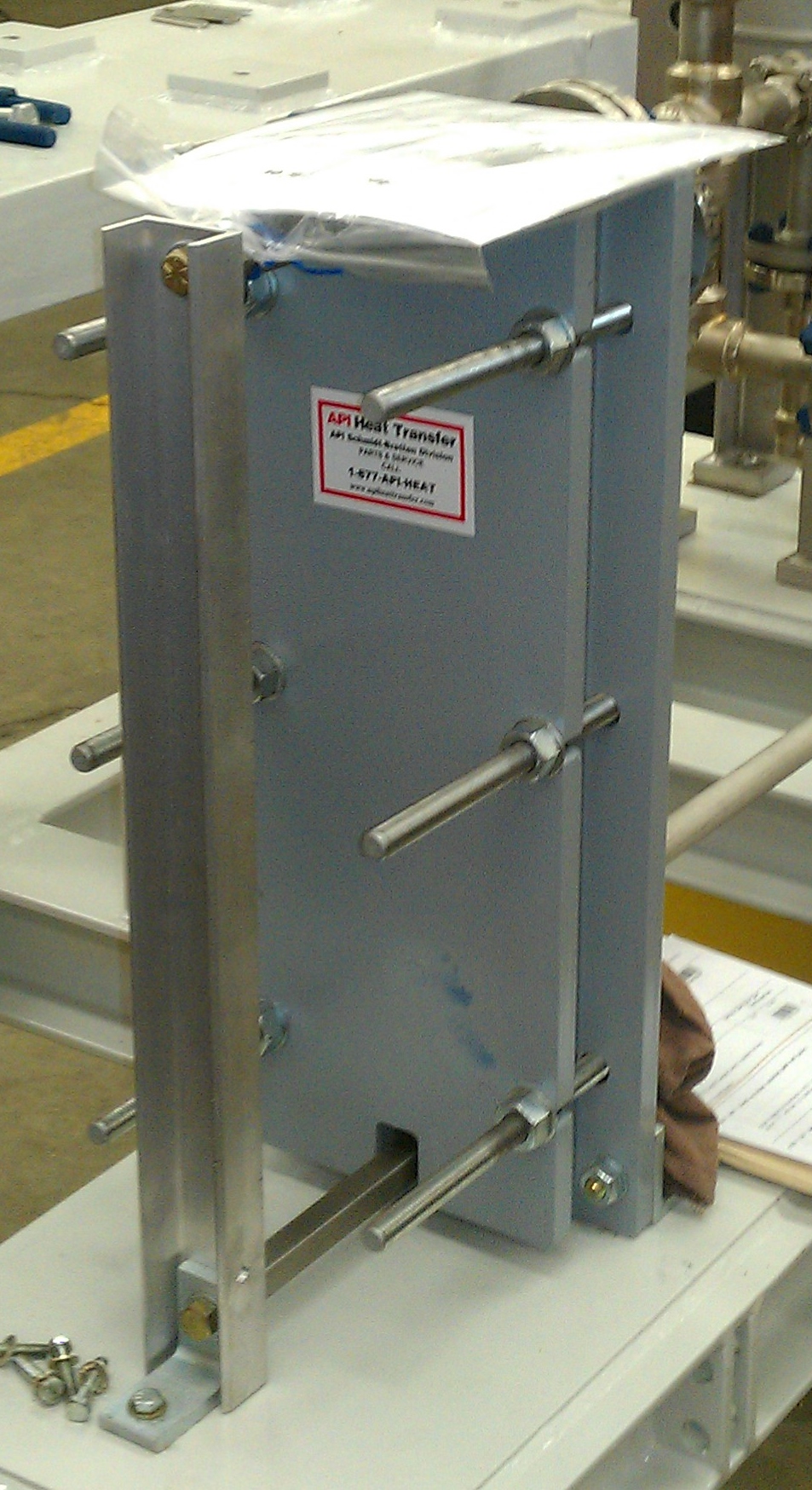Thermal Products assists local bio-diesel company expand their process facility while reducing costs!
When a local Biodiesel company decided to grow their process, there were several capacity challenges that they faced. Thermal Products Inc. was consulted to help address the process cooling system utilized during the reclamation of methanol from the vegatable oil recycling process. We designed a cooling tower and pump skid from Advantage Engineering and condensers from API Heat Transfer’s Plate Heat Exchanger and Shell and Tube Exchanger groups.
The collected vegetable oil waste from area commercial kitchens and food process plants is heated, broken down, and cleaned with an alcohol based fluid. One of the results of this process is the by-product, Methanol. Reclaiming methanol is both environmentally sound and cost effective. The cooling challenge was that both vegetable oil and methanol reach high temperatures of 260F during the process. Once separated, the methanol vapor must be condensed back to a liquid, stored, and readied for reuse.
Thermal Products designed and offered an Advantage Engineering 45 ton evaporative cooling tower to provide a top end of 85F cooling water to an API Heat Transfer Shell and Tube exchanger that was designed to condense the Methanol to an inital 100F. This was achieved by the steady year round 85F water temperature that the tower could provide to a pump tank station combination.
The Methanol at 100F still needed to be at a final temperature of 60F. Due to limitation of a cooling tower to provide 85F water during the summer months, a “trim” 15 ton water cooled chiller from Advantage Engineering, was provided to supply 50F chilled water to the API Heat Transfer plate and frame exchanger to reach the desired Methanol temperature of 60F.


With high energy costs being a real challenge to process plants and their ability to be competitve, Thermal Products designed a hydrid process cooling system to have the majority of the heat load handled by an inexpensive open cooling tower and pump skid system. Thermal Products then designed the “trim” cooling system for summer operation with the use of a small water cooled chiller.
Employing the provided hydrid process cooling system not only cut capital costs for the equipment, but the operation costs were much lower than they would have been if just employing a refrigerant chiller for the entire heat load.



